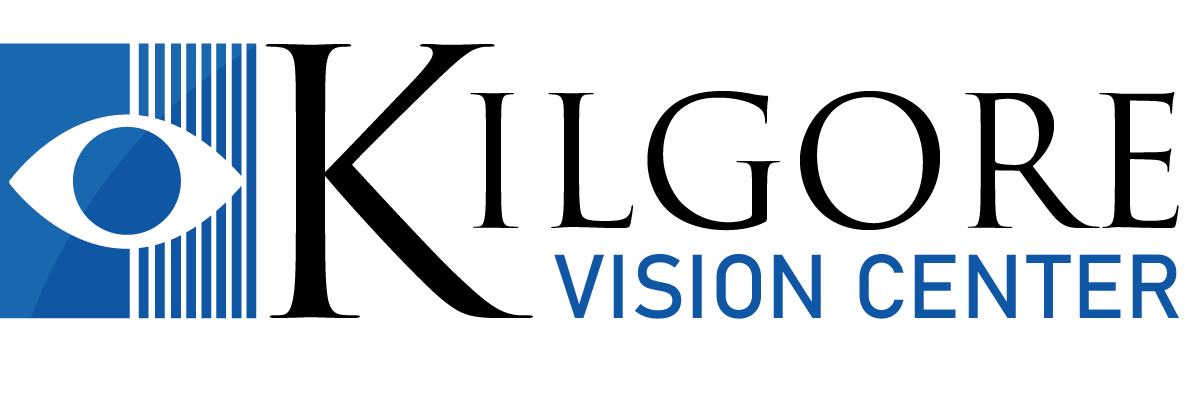Description & Process
Eye exams are an important part of overall wellness. During an extensive eye examination, your optometrist will assess much more than just your vision. They’ll check for common eye diseases, examine how your eyes work together, and evaluate the health of the retina, optic nerve and blood vessels.
Comprehensive eye examinations actually provide a good indicator of your overall health because optometrists are often the first healthcare providers to detect chronic conditions including high blood pressure and diabetes.
Should children get their eyes examined?
Routine eye exams are important for healthy visual growth. Children often do not realize that their eyesight is changing until they start school. A good eye examination can help detect any problems early on. Make annual appointments for your children. Your child should see an ophthalmologist if he or she is having trouble reading or doing homework.
What are the best benefits of a comprehensive eye exam?
One of the greatest advantages of comprehensive eye exams is the immediate feedback you receive about your eye health. You’ll be tested for conditions such as: Refractive error: near sighted, far sighted or astigmatism; Focusing problems, including Presbyopia; Other vision problems, such a Strabismus, Amblyopia or Binocular Vision;
If you have a refraction error or focusing problem, corrective glasses or contacts can be prescribed right away and you’ll be ready for eyeglasses or contacts. For other conditions, you may be referred to an optometrist who can discuss a treatment plan and provide you with helpful advice so you can make informed decisions about your eye health.
Perhaps the best advantage of routine eye exams is prevention. Ignoring your eye health can have lasting consequences when you come to realize that certain diseases, such as Glaucoma, Macular Degeneration and Diabetic Retinopathy, have no symptoms until they’re too late. Early detection and early intervention can reduce the risk of developing these diseases and save you money on future treatments. A second important benefit of early diagnosis and treatment is reduced medical costs.
By identifying eye disease in the early stage, you can avoid costly treatments and preserve your vision as well your quality of life. Finally, another significant benefit of early diagnosis is improved patient satisfaction. Patients feel better knowing what to expect during their visit and they appreciate being able to take control of their own eye health.


